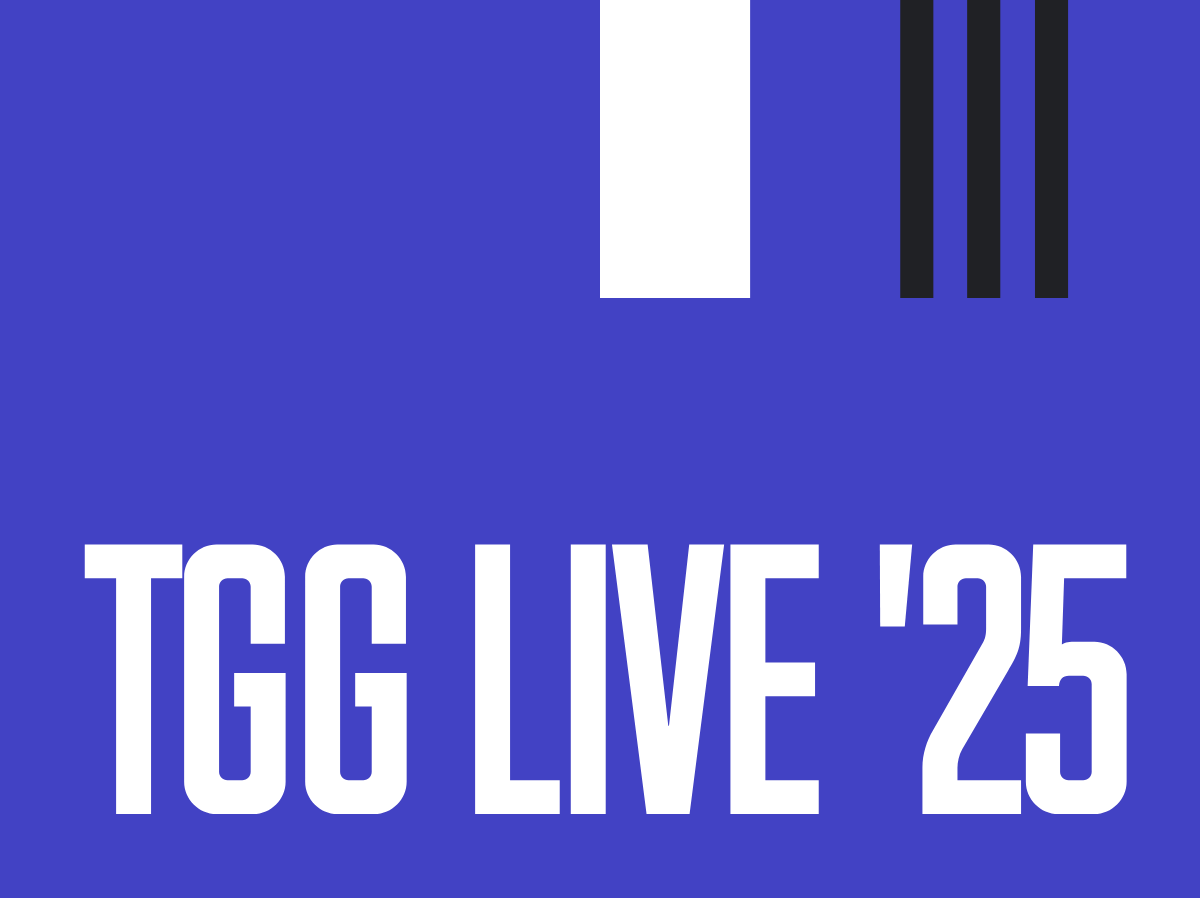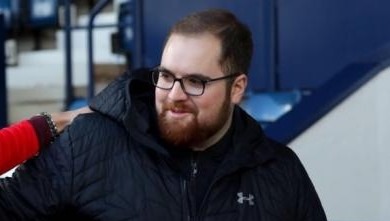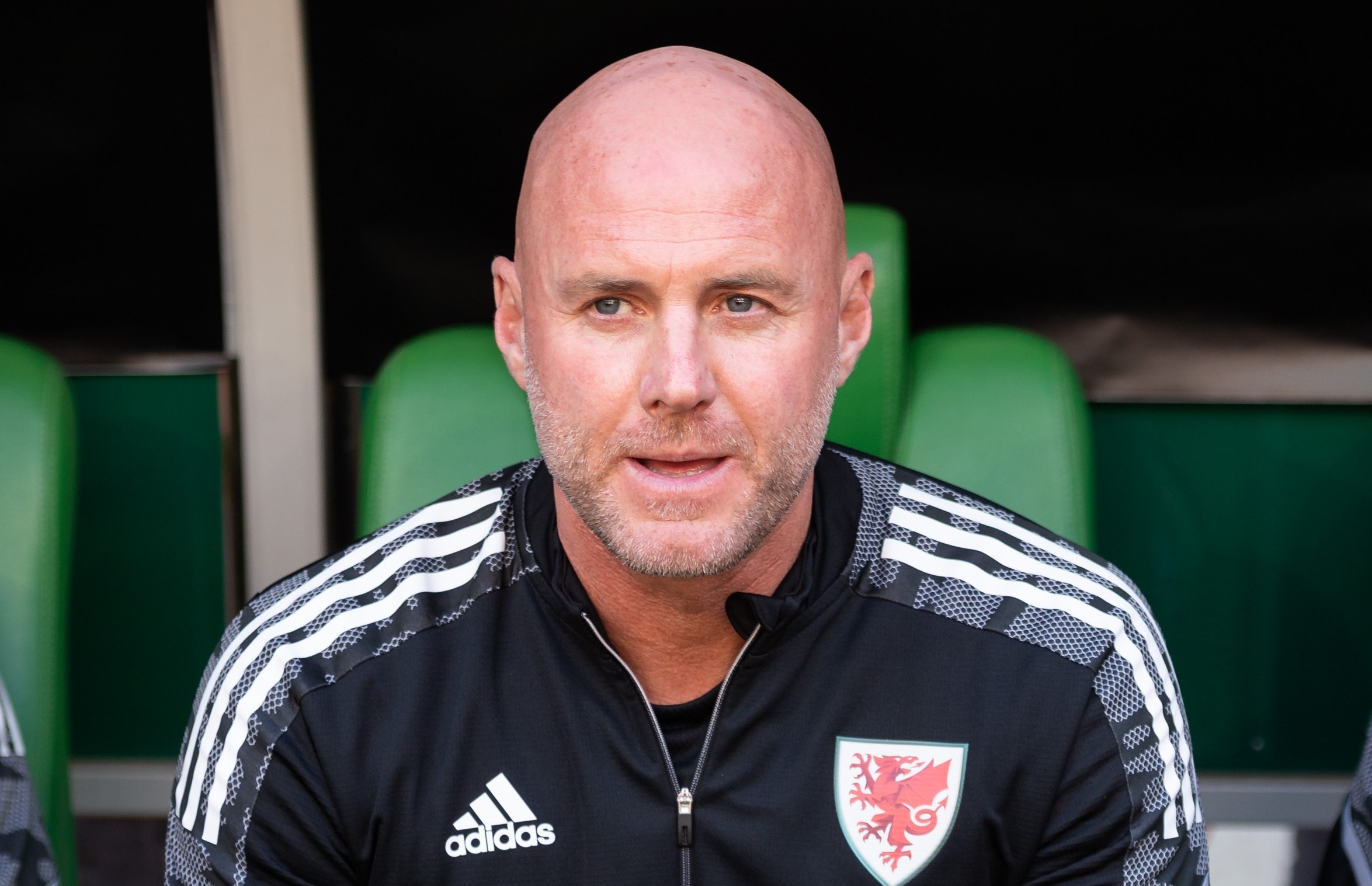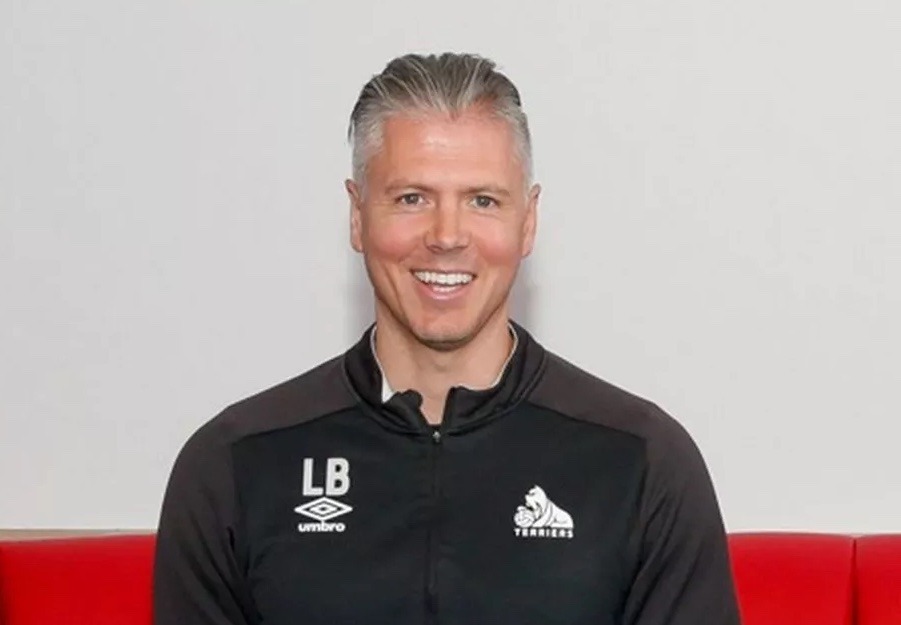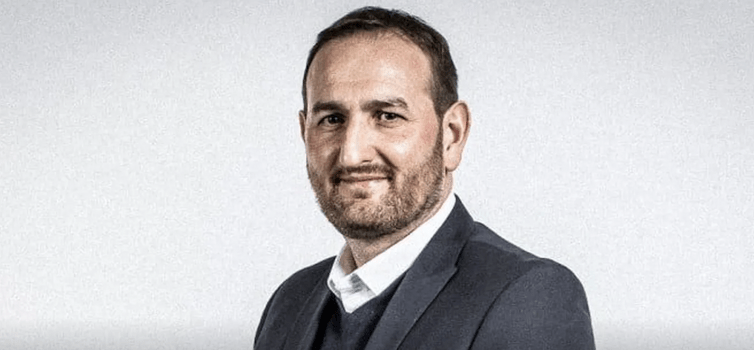
Thelwell makes major appointments at Rangers, including son Robbie
Written by
Simon Austin
October 2, 2025
Rangers Sporting Director Kevin Thelwell has instigated a major restructure behind the scenes at Ibrox, including the appointment of his son Robbie as Head of Recruitment.
Thelwell Jnr, 26, joins from Norwich City, where he has been Head of Technical Scouting and Loan Management since July 2024. He has also been a First Team Scout at Aston Villa and Wolves.
There have been several other senior appointments too. Nathan Fisher, who was Head of Emerging Talent during a six-year spell at Everton, has been appointed Head Scout at Rangers. The move reunites him with Thelwell Snr and Technical Director Dan Purdy, with whom he worked at Everton.
Jaymes Monte joins as Data Insights Lead from performance analysis company Hudl, where he has worked for the last year as a Solutions Consultant. Monte has also worked as a Senior Analyst for analytics firm Statsbomb and was a Data Analyst at Dundee United from 2020 to 2022.
Jamie Ramsden, who has been with the Glasgow club for 19 years, has been promoted from Head of Academy Sports Science to Head of Performance.
There will be other appointments to come, TGG understands.
Under-pressure Head Coach Russell Martin was asked about the appointment of Thelwell Jnr ahead of his side’s Europa League match away to Sturm Graz tonight (October 2nd).
Last chance to buy tickets for our industry-leading Conference at Old Trafford on October 7 & 8
“As we have (with) the squad, the club needs change,” he said. “It needs to move forward, it needs to be done in a certain way. Not everyone will like certain things and how they are, but the club has to have something and some way to move forward.
“That’s about getting really good people in who have done a really good job elsewhere. I really trust that Kevin, Dan, Patrick [Stewart, Chief Executive], the owners. (They) wouldn’t let anyone in the building unless they thought they were really, really good.
“I think the person most aware of that and having lots of chats with him would be Kevin. I don’t think he’d ever put himself in that position if he and Dan didn’t believe that his son was very good.
“I worked at Norwich for a very long time (and) there are a lot of people still there who think he (Robbie Thelwell) is very, very good. And if he’s got the same values and clarity as his old man, we’ll be in good hands.”
Follow Us
For latest updates, follow us on X at @ground_guru
